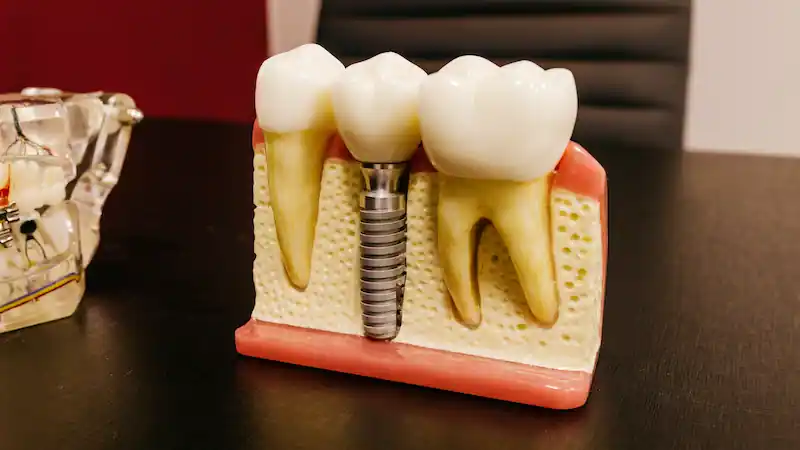At the 52nd Annual Meeting & Exhibition of the AADOCR, which coincided with the 47th Annual Meeting of the CADR, a study was presented to investigate whether using fixed prostheses as tooth replacements could potentially safeguard against cognitive impairment. The AADOCR/CADR Annual Meeting & Exhibition was held from March 15-18, 2023, at the Oregon Convention Center located in Portland.
Elizabeth Kaye from Boston University conducted a study on 577 male participants from the VA Normative Aging Study (NAS) and Dental Longitudinal Study. From 1969 to 2001, tooth status and the type of tooth replacement, if any, were documented during triennial dental exams. The participants’ masticatory efficiency was evaluated through carrot chewing tests.
Moreover, the Spatial Copying Task (SCT) was administered up to four times between 1995 and 2001 to gauge their cognitive abilities. The investigators regarded a weighted SCT score less than 13 (lowest tertile of initial SCT scores in all NAS participants) as poor cognition. Tooth-level Cox proportional regression was utilized to determine the hazard of poor cognition, while accounting for clustering within individuals.
The regression was adjusted for various factors including education, epilepsy medication use, time-varying values of tooth status (present, absent, fixed bridge/implant, removable replacement), age, cigarette smoking, and coronary heart disease.
During the initial cognitive assessment, the mean age of the participants was 68±7 years. About 45% of the male participants scored low on the SCT test. Throughout the follow-up period, 29% of the participants did not lose any teeth, 34% lost teeth that were not replaced, 13% had missing teeth replaced with fixed prostheses, and 25% had missing teeth replaced with removable prostheses.
The study found that obtaining new fixed prostheses was linked to a reduced hazard of poor cognition (HR=0.72, 95%CI=0.52-0.99). Conversely, new removable prostheses were linked to an increased hazard of poor cognition (HR=1.26, 95% CI=1.01-1.56). However, the loss of a tooth with no replacement was not significantly linked to a higher hazard of poor cognition (HR=1.05, 95% CI=0.91-1.21). Furthermore, the decline in masticatory ability was lower in men who obtained new fixed prostheses (6%) compared to those with no tooth loss (9%), new removable prostheses (10%), and tooth loss but no replacement (13%).
The research discovered that using fixed prostheses to replace missing teeth could potentially safeguard against cognitive impairment. Additionally, preserving masticatory ability may contribute to this protective association.
Further details: The International Association for Dental Research presented this study during the “Oral and General Health” session from 8:00 a.m. to 9:30 a.m. on Thursday, March 16th, 2023. The study was presented in the form of an Interactive Talk entitled “Fixed Prosthetic Replacements May Lower Cognitive Impairment Risk,” at 8:00 a.m. Pacific Daylight Time (UTC-07:00).




